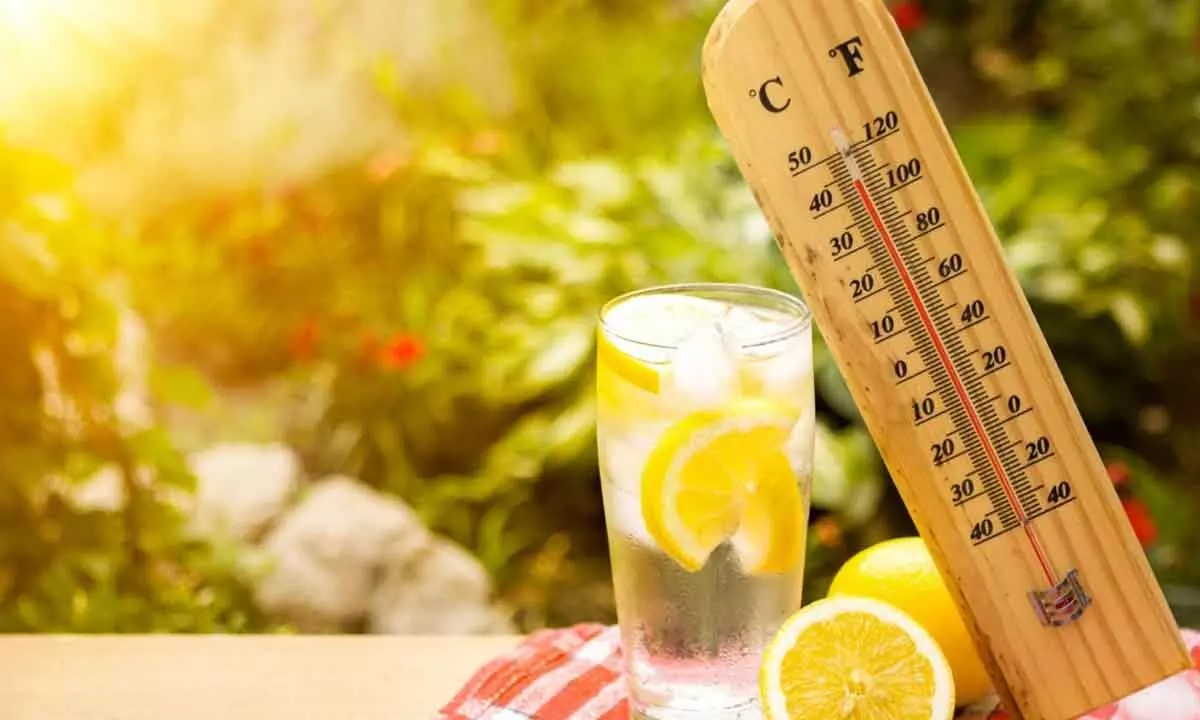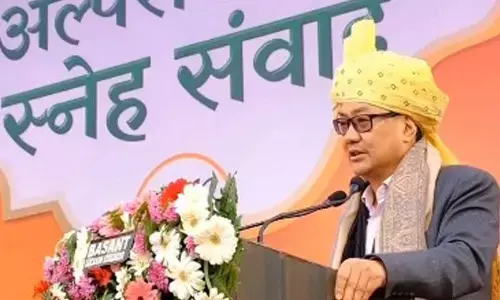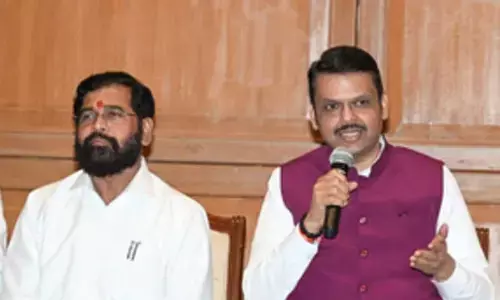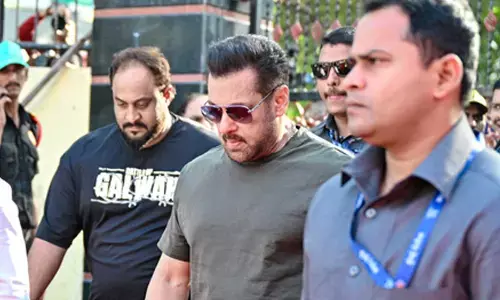How to survive scorching summer

India has been sweltering due to the intensifying heatduring the last couple of days.
India has been sweltering due to the intensifying heatduring the last couple of days. According to the India Meteorological Department (IMD), some stations recorded the highest temperature in April, making the month third warmest in India since 1901.
When is a heat wave declared?
Although a heat wave is a period of excessively hot weather, there are a set of conditions framed by the IMD to declare a heatwave for a region.
♦ Heat wave is considered if maximum temperature of a station reaches at least 400C or more for plains and at least 300C or more for hilly regions.
♦ When the maximum temperature rises between 4.50C and 6.40C above normal and a severe heat wave is declared when the temperature is above 6.40C.
♦ It is also announced when the actual maximum temperature is above or equal to 450C and severe heat wave is considered when the temperature is above or equal to 470C.
How does it affect the human body?
"Rapid rises in heat gain due to exposure to hotter than average conditions compromise the body's ability to regulate temperature and can result in heat cramps, heat exhaustion, heat stroke and hyperthermia," says a report by WHO (World Health Organisation).
Regions that experienced ahigher number of heat wave days
West Rajasthan, Himachal Pradesh, South Haryana, western parts of Uttar Pradesh and Madhya Pradesh experienced a higher number of heat wave days. According to the latest weather forecast by the IMD, the country is expected to get some relief as there might not be any significant change with respect to the increase in temperature.
The Solution
The NDMA (National Disaster Management Authority) India, has been uploading several posts on Twitteron how one can protect themselves from a heat wave. There are numerous posts about global warming, planting saplings, food intake during summer, protecting oneself, do's and don'ts during a heat wave and so on.
Recently, it shared a video on how senior citizens should protect themselves from scorching heat. "Elders must keep their outdoor activity brief. Stay in cool, covered places, remain hydrated and dress in light coloured comfortable clothes. If they experience high body temperature, throbbing headache, dizziness, weakness, nausea or disorientation in summer, they must be suffering from heat exhaustion or heat stroke which can be fatal," it suggests.
Apart from this, ORS (Oral Rehydration Solution), homemade beverages, using a cloth or an umbrella to cover yourself, also helps. Keeping a bowl of water on the terrace saves birds from dehydration.














